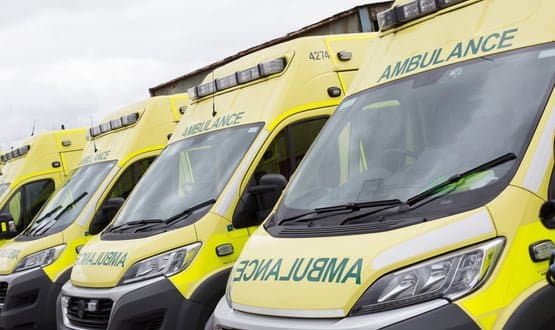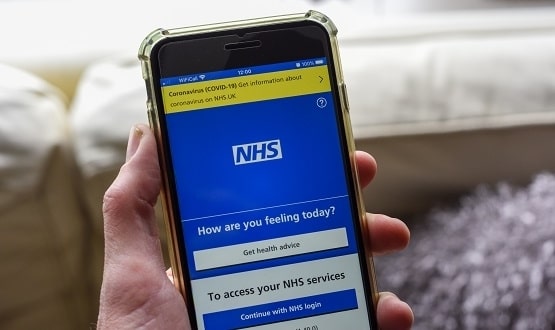London ambulance staff to be given real-time access to patient data
- 23 April 2019

London Ambulance Service staff will be able to access patient data while on the move without the need for a smartcard or N3.
The NHS Identity Service pilot will give medics access to information about a patient in their care, without the patient having to answer difficult questions when they are in pain.
Developed by NHS Digital, it will use Camden Ambulance Station as its initial base, with around 60 medics having access to patients summary care records (SCRs) on secure iPads.
SCRs include information about a patient’s medical history including long-term conditions; prescriptions and medication; allergies; and other specific needs.
Having access to this data on the move will enable clinicians to provide safer, better care.
Mike Walker, programme head responsible for NHS Identity and mobile SCR, said: “This mobile solution has been implemented very quickly in a real-world environment, providing meaningful insight that will inform future direction.
“We hope to see that this brings real benefits to the working day of medics and A&E staff and, most importantly, to patients.”
The pilot will be trialled over 16 weeks, after which the aim is to roll it out across the capital for all frontline London Ambulance Service (LAS) clinicians.
NHS Digital staff will also look at improving the functionality of mobile SCR, increasing their availability to Android and Windows devices.
Stuart Crichton, chief clinical information officer at LAS added: “By being able to securely access patient information on a tablet device at the patient’s side, our clinicians will have more information at their fingertips, enabling them to provide better and more informed care.
“This trial is at the forefront of our use of pioneering technology to bring about real change to the care we provide and we hope to be able to roll this system out across the capital.”
Other projects are also underway to improve the quality of care ambulance staff are able to provide patients.
Internet of Things company Pangea Connected is currently working with Kingston University to trial a new video streaming service to allow A&E doctors to triage patients before they arrive at hospital.
The 5G-enabled system will provide live footage of patients being transported to hospital in ambulances, enabling clinicians to decisions on their care in advance.





5 Comments
Are you still having to go down a ‘permission to view’ route if the patient has capacity?
Sounds like a secure web portal.
So depends entirely on connectivity.
Not exactly cutting edge though.
Dan – well, arguably a bit of both. We’ve made clinical information available via web browsers for years. The key difference here is the use of level 3, two factor authentication over the internet, using bio-metrics rather than a physical smartcard. I’d be very interested in other examples of using this form of strong authentication to access clinical information. Most examples to date are weaker – either level 1 (majority of local NHS access) or level 2 (used in personal banking).
This is fantastic and wonderful news. Long overdue. It benefits everyone, saves time which translates to saves lives. Not everyone has family, friends or neighbours to accompany them or speak for them in emergencies. Or even day to day.
Pioneering or late to the party?
This approach/technology is mainstream and used widely in other sectors.
Comments are closed.